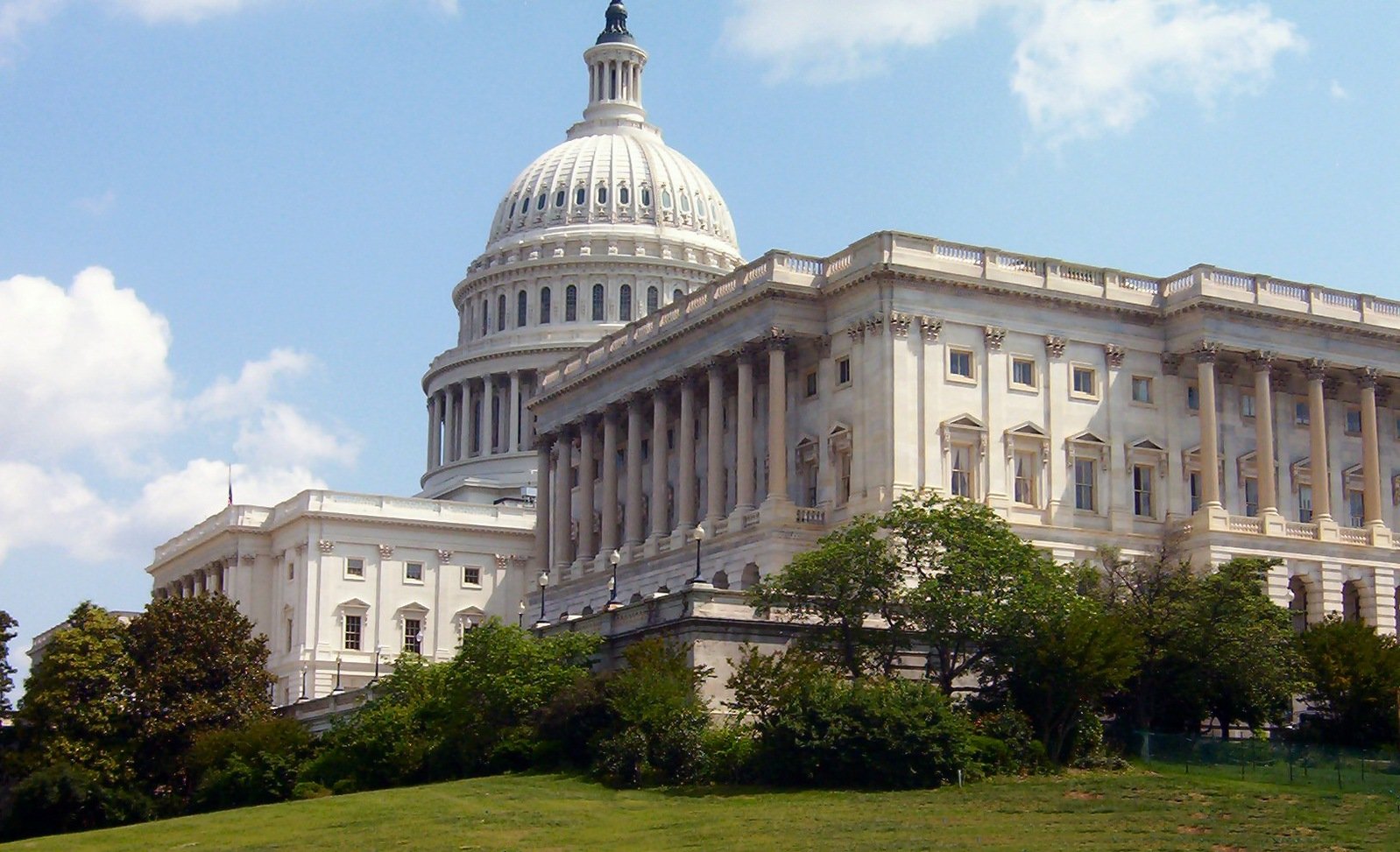

THE recent changes at the USPTO were relatively minor. Guidelines have barely changed, the chief judge of the Patent Trial and Appeal Board (PTAB) is merely swapping seats, and the courts continue to rule pretty consistently on patent matters. There's no real room for profound change and this, in a strange sort of way, is a good thing because Alice/35 U.S.C. ۤ 101, frequently enforced by PTAB, renders a lot of software patents obsolete. The Federal Circuit (CAFC) affirms.
"There's no real room for profound change and this, in a strange sort of way, is a good thing because Alice/35 U.S.C. ۤ 101, frequently enforced by PTAB, renders a lot of software patents obsolete."Over the past week we've been patiently watching new cases and new decisions. We're also still watching events like this one about PTAB; a few months ago there were many anti-PTAB events, but Oil States more or less ended that. PTAB is here to stay and patent maximalists are slowly learning to accept that.
"SCOTUS is instead looking into matters such as damage calculations and litigation venue, along with PTAB itself (two decisions about it earlier this summer)."What about 35 U.S.C. ۤ 101? It hasn't really changed. There are talks about amending guidelines, but nothing substantial has changed and SCOTUS refuses to revisit the matter. SCOTUS is instead looking into matters such as damage calculations and litigation venue, along with PTAB itself (two decisions about it earlier this summer). 3 days ago San Antonio Business Journal wrote an update about the USAA case, wherein the underlying patent claims are currently being disputed. How typical. How depressing to patent maximalists this must be...
Steve Brachmann wrote about BSG Tech LLC v. BuySeasons, Inc. -- a case that we mentioned some days ago because it deals with software patents and Section 101 at a high level. Watchtroll also seems rather befuddled and confused by the fact that CAFC doesn't give a damn about the Berkheimer hype and still throws away/tosses out any such lousy software patents.
"On Wednesday, August 15th," Brachmann wrote, "the Court of Appeals for the Federal Circuit issued a precedential decision in BSG Tech LLC v. BuySeasons, Inc. which upheld a decision by the district court to invalidate patent claims owned by BSG Tech as patent-ineligible under 35 U.S.C. ۤ 101. The Federal Circuit panel of Circuit Judges Jimmie Reyna, Evan Wallach and Todd Hughes found that the district court correctly determined that patent claim asserted by BSG Tech were invalid as abstract ideas lacking any inventive step under the Alice/Mayo framework."
Well, get used to it.
Knobbe Martens (a law firm, not a person) soon wrote about it as well. A bunch of lawyers said this:
Under step one of Alice, the Federal Circuit agreed with the district court that the asserted claims were directed to the abstract idea of considering historical usage information while inputting data. The Federal Circuit found that this was not a method “necessarily rooted in computer technology in order to overcome a problem specifically arising in the realm of” wide access databases. DDR Holdings, LLC v. Hotels.com, L.P., 773 F.3d 1245, 1257 (Fed. Cir. 2014). Further, the Federal Circuit found that the claims were not saved from abstraction merely because they require a specific database structure that is more specific than a generic computer. Also, the Federal Circuit stated that the claims did not recite any improvement to the way in which databases store or organize information.
The US Court of Appeals for the Federal Circuit yesterday ruled that an inter partes review (IPR) filing is still subject to a time limitation even if a previous patent infringement claim has been dismissed.
In doing so, the Federal Circuit sided with Click-to-Call Technologies (CTC) and overturned a previous decision by the Patent Trial and Appeal Board (PTAB).
According to section 315(b) of 35 USC, an IPR petition cannot be instituted if it is filed more than one year after the petitioner was served with a patent infringement complaint.
In an unusual en banc footnote, the Federal Circuit has ruled that the litigation time-bar found in 35 U.S.C. ۤ 315(b) applies even in cases where the plaintiff-patentee voluntarily dismisses the lawsuit without prejudice. Click-to-Call Tech., LP v. Ingenio, Inc. and Iancu (Fed. Cir. 2018).
As reported in today’s recap email, in Ex Parte GELFAND et al (Aug. 2, 2018), the Board reversed a lack of utility rejection. This continues a longstanding trend of the Board frequently reversing such rejections.
The U.S. Chamber of Commerce Global Innovation Policy Center (GIPC) and the South Dade Chamber of Commerce and the Glen Ellyn, Lombard, Western DuPage, and Wheaton Chambers of Commerce will host two intellectual property and innovation business roundtables in Florida and Illinois